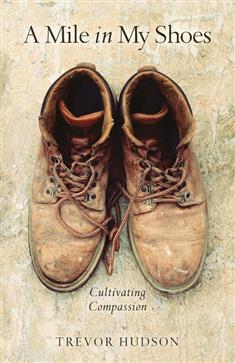
On August 12, 2017, Charlottesville Virginia was rocked by the violence that erupted at the Unite-the-Right rally. The hatred on display that day shocked the country and prompted questions about who we are as a nation. At Princeton United Methodist Church, the tragedy gave rise to a discussion of the question, “What do we do as a
church and as Christians in the wake of such racism?” To answer that question, church clergy designed the Relationships and Faith initiative. Now in its third year, the program has tackled several complex societal issues such as racism, human sexuality, poverty and women’s rights in a variety of ways.
In building the curriculum for that first year, “our steering committee, which is made up primarily of lay leaders, worked off of three central questions: “What are the barriers that separate us?; What does it mean to be the other?; How can we as Christians be inclusive?” explained Discipleship Pastor Skitch Matson. The first year of Relationships and Faith organized around small-group study of the Bible. Intergenerational in composition, the groups shared perspectives and asked questions on how life experiences shaped and changed perspectives. More than 100 people participated that first year. “The response to the initial roll out fueled our commitment to continue,” explained Skitch.
In developing the curriculum for year two, the committee focused on how societal aspects, specifically racism and human sexuality, often separate us from one another. The first two months concentrated on human sexuality, timely as it ”coincided with the Annual Methodist Conference which was grappling with this very issue,” pointed
out Pastor Skitch. For an in-depth look into how misconceptions about sexuality can be divisive, the church team assembled a panel composed of a Princeton Seminary professor, a heterosexual Puerto Rican man for the Latin-X perspective, and the Associate Dean of Princeton Chapel who openly identifies as queer.
In the final two months of the program, the focus moved to racism and the vehicle was, again, a panel discussion. Among the participants was a church member currently studying journalism at Northwestern, and a member of Not In Our Town Princeton,
a multi-racial, multi-faith group of individuals who stand together for racial justice and inclusive communities.
This year, Relationships and Faith is focusing on poverty (March and April) and on women’s rights (May and June). As a springboard for discussing poverty, those participating are reading Trevor Hudson’s A Mile in My Shoes. More than sixty participants meet regularly in small groups at various locations, with each group having
two book leaders who cultivate discussion. Michael Cabus, one of the leaders, values Hudson’s book, not only for its emphasis on reflection but also because it “is more about cultivating a personhood that is able to make compassion actionable, then it is about how to offer compassion to others. To grow as a Christian, your faith must
challenge you to be uncomfortable,” added Cabus. Hopefully, at the end of this year’s program, the participants will engage in an experiential trip, possibly an outing that puts the participants in another’s shoes and prompts the question: “How would our lives change if this was our daily routine?”
While coronavirus has made it hard for book groups to meet in person and for leaders to plan out the second half of the program, the need to, as Hudson
says, cultivate compassion is a certainty in these uncertain times.
